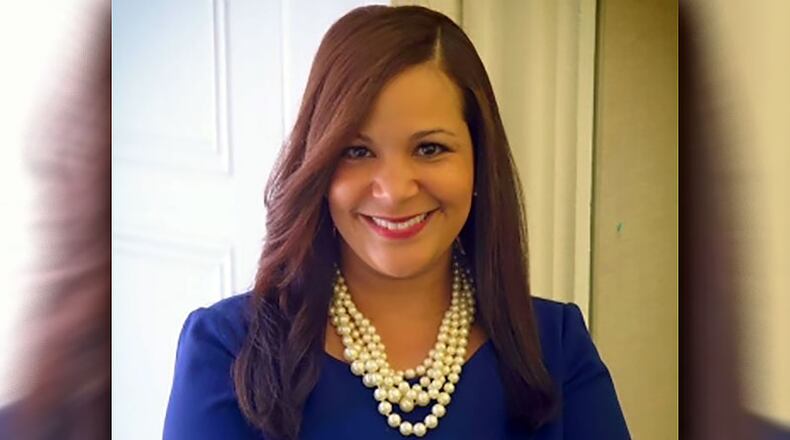The pandemic and conversations that have come out of national protests around racial injustices dominated a DeKalb County School District town hall event Thursday evening featuring superintendent finalist Cheryl Watson-Harris.
The town hall, held online through the Zoom video conferencing platform, lasted just over 70 minutes. It featured questions about Watson-Harris’ first 100 days with the district, budget concerns as well as addressing longstanding issues of staff morale and in various departments.
Watson-Harris, currently the first deputy chancellor for the New York City Department of Education, was announced on June 4 as the district’s second superintendent finalist. She said in an opening statement she is excited to get to metro Atlanta.
“We teach our children to dream big, to have audacious dreams,” she said, “and to be in this space at this time, with the potential to work with all of DeKalb to support our scholars to become the leaders our world needs to be right now, it is truly an honor.”
Watson-Harris said she’s working with other leaders in New York on plans to reopen schools there in the fall, and will bring some of those lessons with her to help shape DeKalb’s reopening plan.
“As we begin to think about what school reopening will look like, again, these are new times for us,” she said. “So we have to be extremely thoughtful and explore all options while also moving with a sense of urgency.”
Watson-Harris offered few specifics regarding potential changes coming to the district under her leadership, saying she preferred to be on the ground for assessments she would make about hiring for leadership vacancies, addressing equity issues as well as shoring up revenue shortfalls.
When the questions turned toward issues surrounding the death of George Floyd on May 25 in Minneapolis and the conversations and protests sparked since, she said adults should engage students in meaningful ways.
“To me, we can feel the rage, or a sense of responsibility that racism is unacceptable, but we have to believe that we can be better,” she said. “We have to believe in our ability as a people and as a community to address the history of our country and the ways that racism has been allowed to exist.
“I think it’s also an opportunity for us to engage our students to develop the right language to talk about racism to talk about how they’re feeling about the current events and to give them the tools to not only talk about them, but tho develop the skills and the opportunity to lead in a new way.”
If selected, Watson-Harris would become the district’s sixth superintendent in 10 years, inheriting a district still reeling from allegations of financial mismanagement that recently lost its credit rating from Moody’s Investors Service after falling behind on its financial audits.
About the Author
Keep Reading
The Latest
Featured



